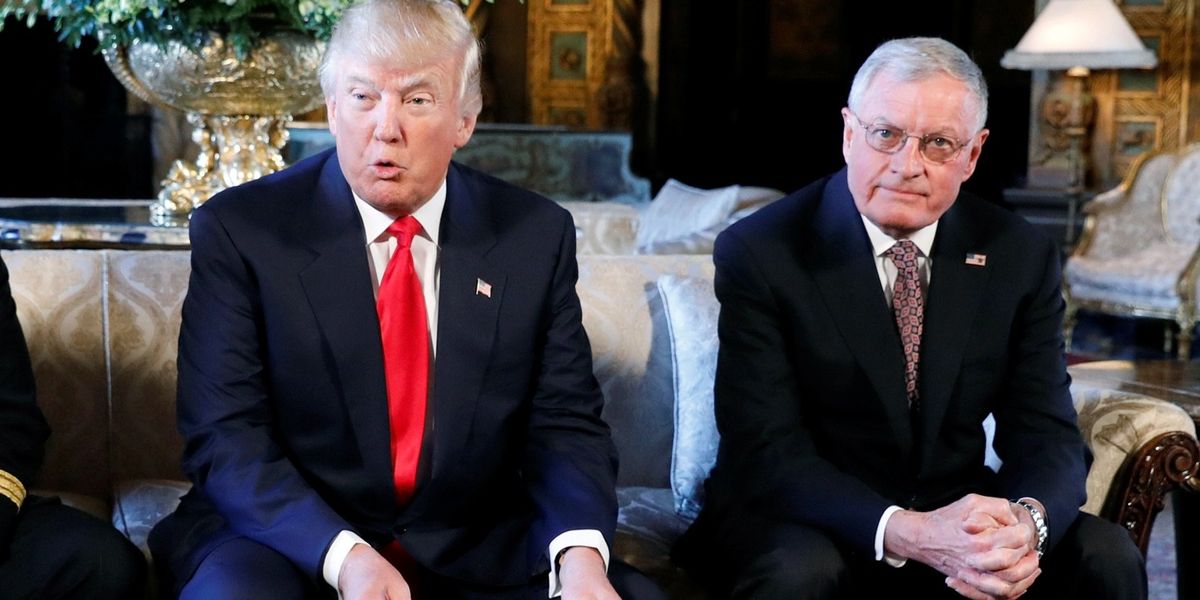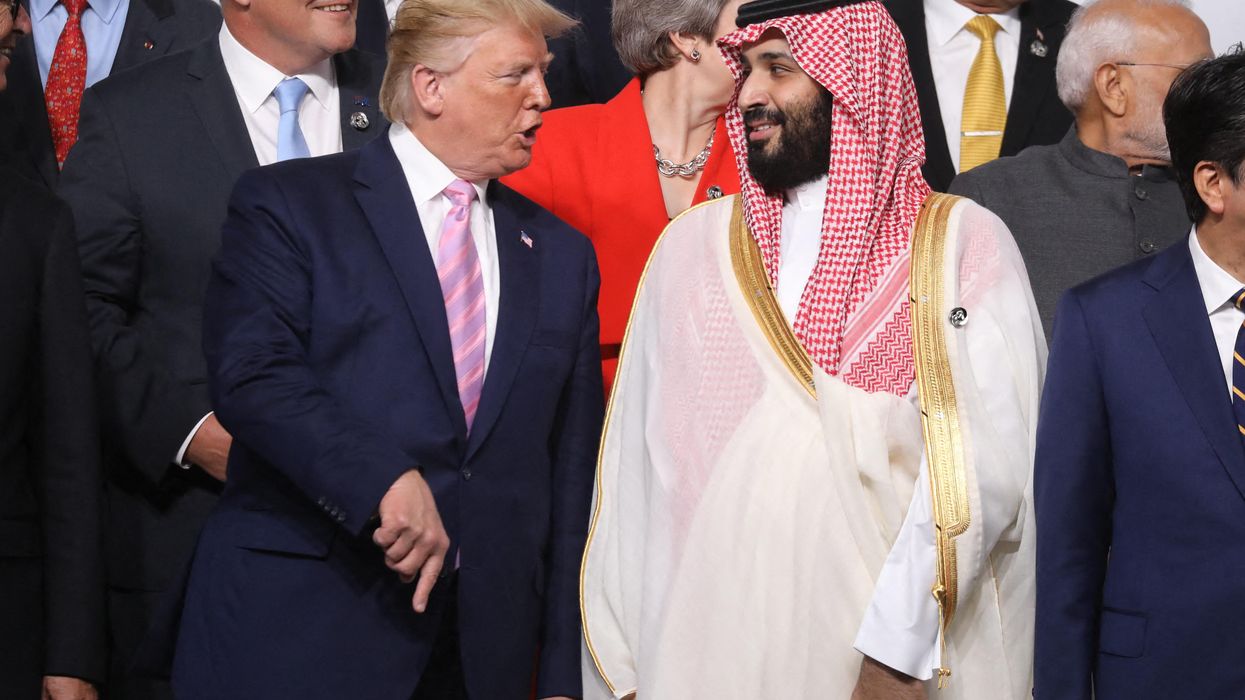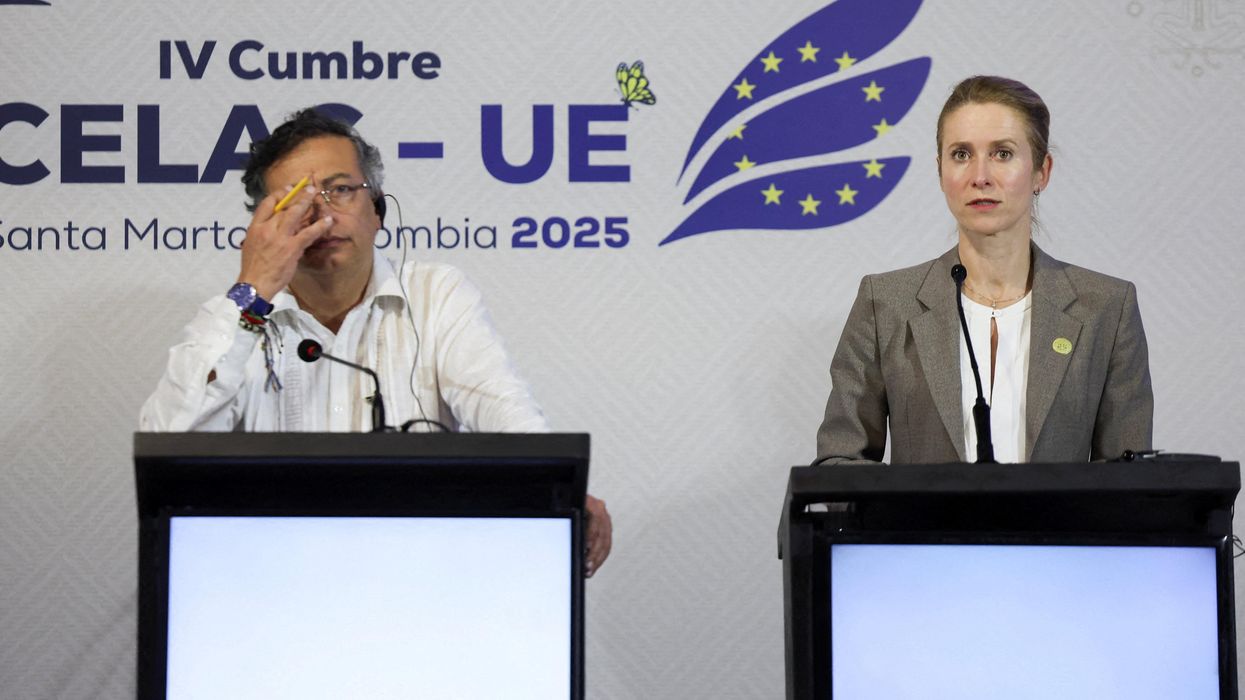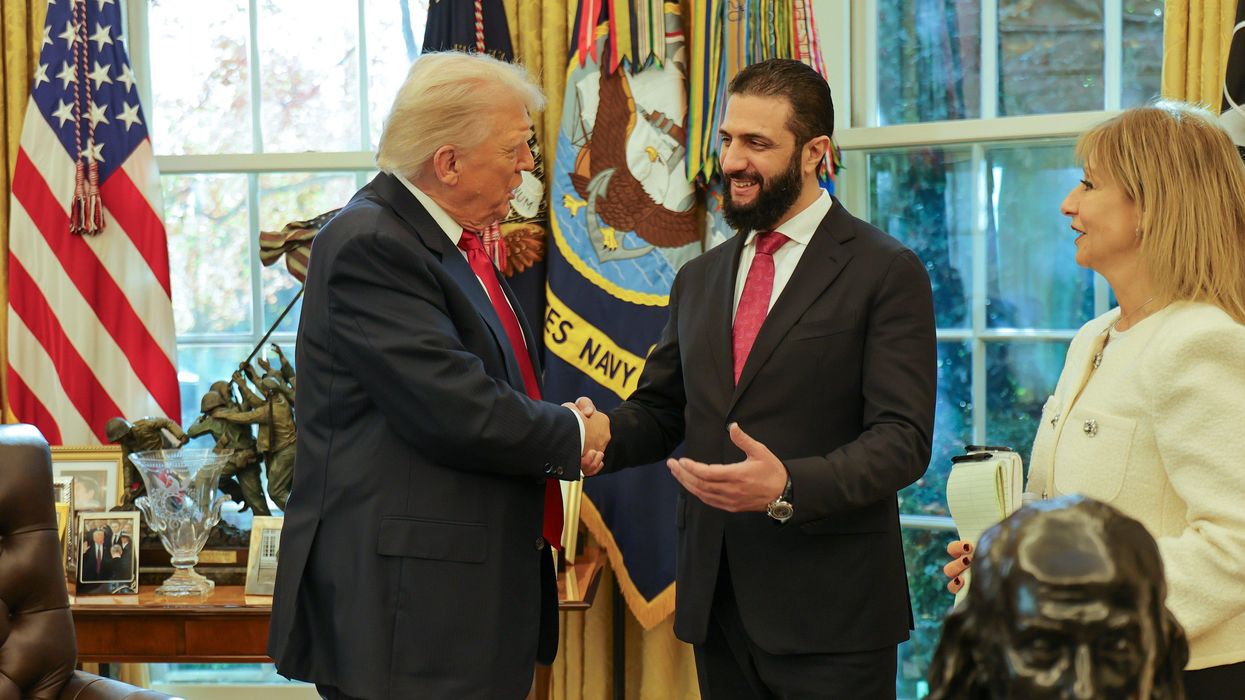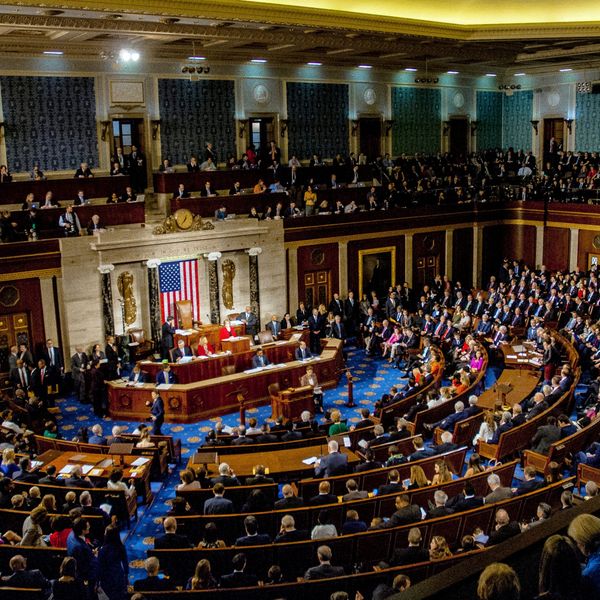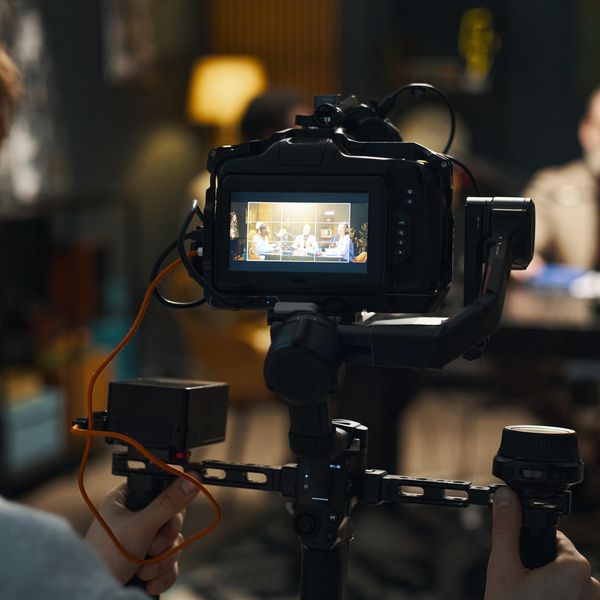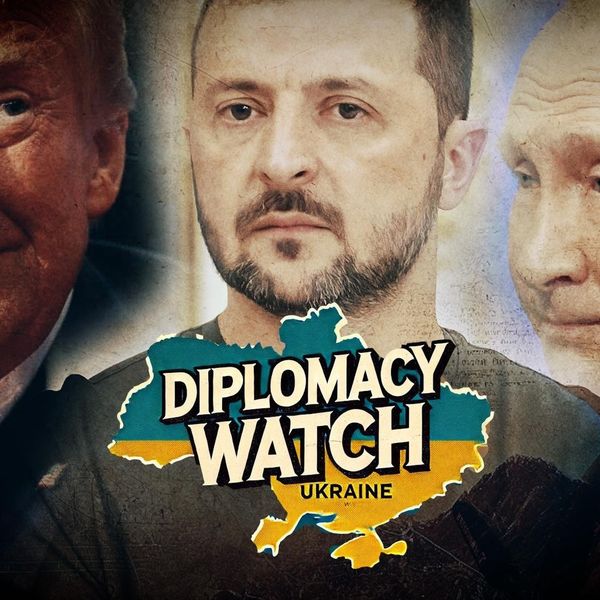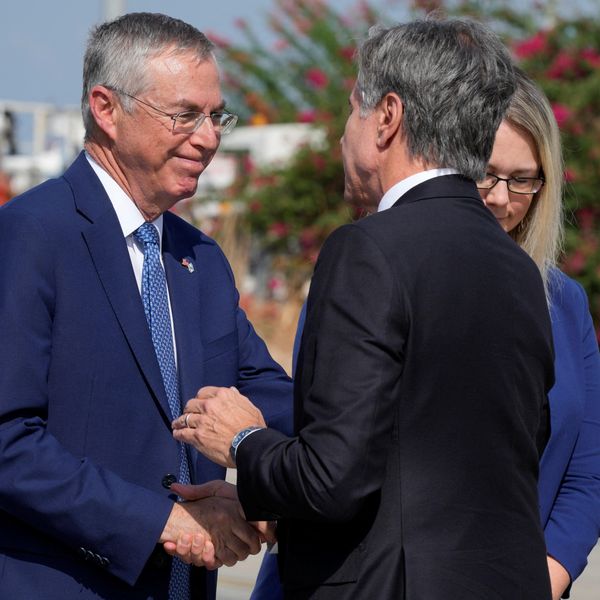Responsible Statecraft involves hard choices and unpalatable compromises. General Keith Kellogg, President-elect Trump’s special envoy for Ukraine and Russia, will need to confront head on a number of stubborn foreign policy obstacles as he seeks to broker peace in Ukraine in 2025.
Right now there is no strategy
Failure in Ukraine has emerged out of western disunity as the U.S., the EU, and the UK and intra-alliance interests collided on key issues such as sanctions, war aims, financial and military support. The run-up to the US Presidential elections, and its aftermath, saw repeated appeals to “Trump-proof” U.S. policy towards Ukraine.
Kellogg should encourage Ukrainian and European leaders to coalesce around a single, realistic vision for Ukraine’s future. Defeating Russia is not a legitimate foreign policy goal as Ukraine will never be in a position to deliver this. The focus might include rebuilding a strong, democratic and prosperous Ukraine that attains EU membership at a determinate time.
We cannot strike a peace deal without talking to Putin
In their America First paper, Kellogg and Fred Fleitz expressed an understanding of what the Biden Administration did not — that any approach to Russia must involve both deterrence and diplomacy. As they pointed out, “Biden was not interested in working with Putin. He wanted to lecture and isolate him.”
Not talking to Putin has also been an unshakeable UK foreign policy approach since 2014 and is now hardwired within the EU, with its hawkish new foreign policy chief, former Estonian prime minister Kaja Kallas, ruling out direct engagement. Ukrainian President Volodomyr Zelensky has made negotiations with Russia illegal. By contrast, Russian President Vladimir Putin has said repeatedly that he is willing to engage with President Trump and other world leaders to resolve the Ukraine crisis.
Kellogg needs to encourage European leaders to reengage with diplomacy and get on board with a more transactional approach with Russia that seeks workable solutions for all sides.
Ukraine is never going to join NATO
NATO cannot continue to hold a principled line on future Ukrainian membership that it will not underwrite with force of arms. Putin talks about the proximity of NATO rather than its size. Yes, he was forced to swallow Finnish membership, which he regarded de facto as halfway in NATO before his invasion of Ukraine.
However, he has staked his political career on Ukraine never joining NATO for over 16 years, and that will never change. NATO membership should finally, irrevocably and without caveats be taken off the table as part of a deal which provides security guarantees to Ukraine. Who provides those security guarantees will require skillful negotiation, as Russia will expect guarantors to include non-NATO countries.
Kellogg’s role here is in drawing a U.S. line firmly in the sand and killing the idea, in the face of potentially heated European resistance. Ukraine will undoubtedly want to secure a quid pro quo.
The Europeans should stop kicking the EU can down the road
European leaders have disingenuously kicked the issue of Ukraine’s EU membership down the road while supporting the war’s continuation. French President Emmanuel Macron has said that it could take 20 years for Ukraine to join.
I have long been an advocate for Ukrainian membership in the EU. However, and as I have previously pointed out, this will come at a huge and potentially damaging cost to the EU project and to neighboring Poland, if not handled well. Specifically, the EU cannot afford to expand based on its current settlement without intolerable political risks of instability, which we are seeing play out in France and Germany.
Kellogg should press European leaders to chart a realistic membership concept for Ukraine. This might allow for an accelerated political-level membership, even if the more contentious challenges around regional funds for infrastructure investment (called cohesion funding) and agricultural subsidies are deferred for later consideration.
Sanctions haven't worked but can help deliver peace
Russia remains in a vastly stronger position economically than Ukraine because of its size and its effective fiscal and monetary policy since 2014. Sanctions have never nor will they ever tip the balance in favor of Ukraine which is becoming an economically failed state. But even today, considerable effort in the West is invested in exploring how to make sanctions more impactful. This is wasted effort.
There is considerable scope to offer an easing of sanctions that nonetheless maintains economic pressure on Russia. I revealed earlier this year that 92% of all UK sanctions on individuals and 77% of sanctions on companies have had zero impact; the people or entities sanctioned have no freezable assets within our jurisdiction. If the same were to apply across all sanctioning jurisdictions including the U.S., 20,000 Russian “zero-effect” sanctions could be removed upon the agreement of a peace plan between Ukraine and Russia.
This would serve as a hugely symbolic confidence building measure with Russia while offering no short-term economic relief. The harder-hitting sanctions would remain, contingent on Russia meeting its obligations under any peace deal. This should include clarity on how and under what circumstances frozen Russian reserves of around $300 billion will be released.
Zelensky may be part of the problem, not the solution
An end to the war will signal an end to Zelensky’s political career, at least for now. Opinion polls suggest he will lose a presidential election when war ends.
Zelensky’s regular prognostications about putting his country in a stronger position to negotiate look increasingly self-serving. Ukraine will never be in a stronger position than today, militarily economically or demographically. This performative illusion and delusion merely puts off the inevitable and much-needed elections in Ukraine that would follow on from a ceasefire.
Zelensky has undoubtedly played a colossal role as a rallying point for Western support for his nation at war. But he is a politician and not a demigod. And our well-intended political beatification of Zelensky has effectively given him a veto over peace.
Kellogg needs to be hard-headed and recognize that, rather than being part of the solution, Zelensky may be part of the problem in ending the war. He should encourage Zelensky to play his biggest role so far, in putting Ukraine first and taking the country to elections.
- Diplomacy Watch: European leaders make wartime preparations ›
- Ukraine’s best hope for peace looks a lot like Donald Trump ›
- Diplomacy Watch: Zelensky’s week from hell | Responsible Statecraft ›

